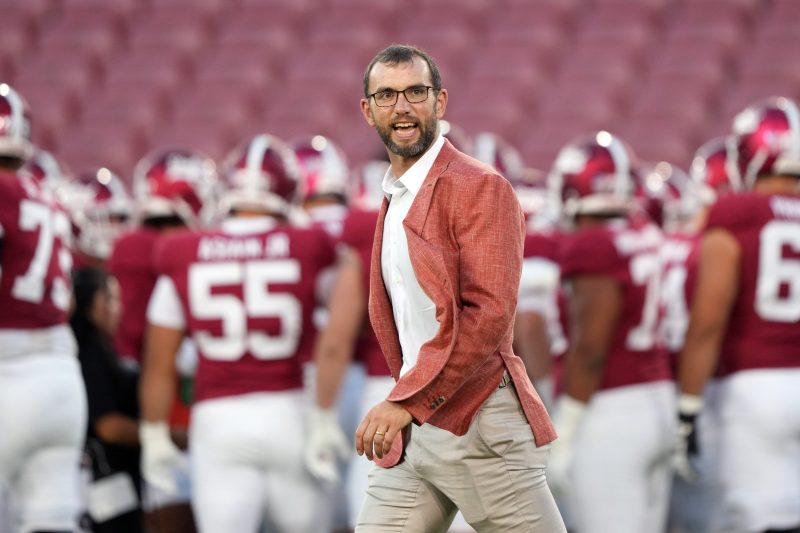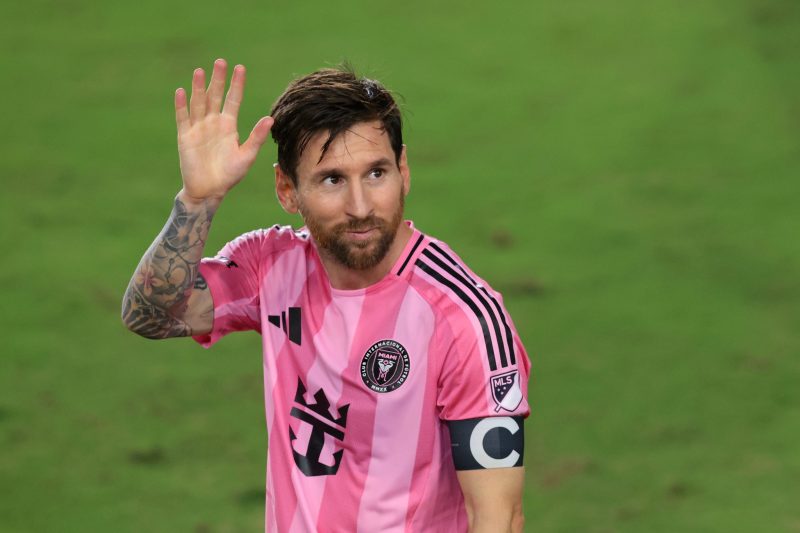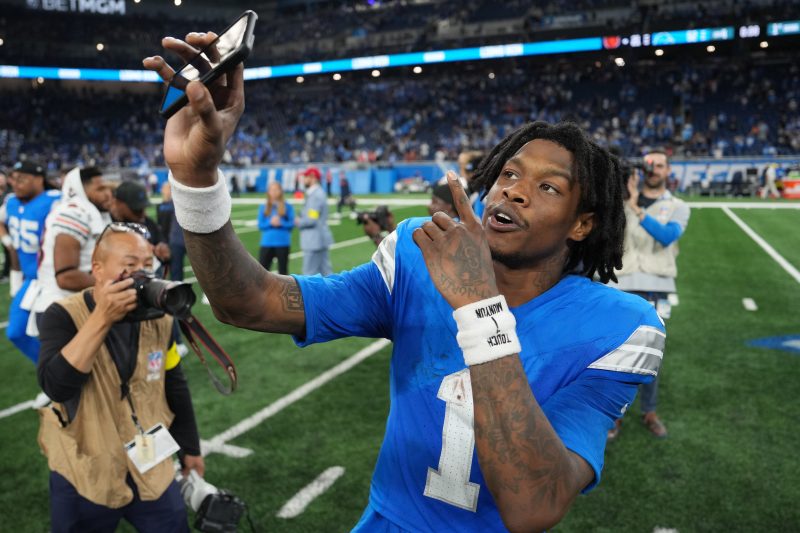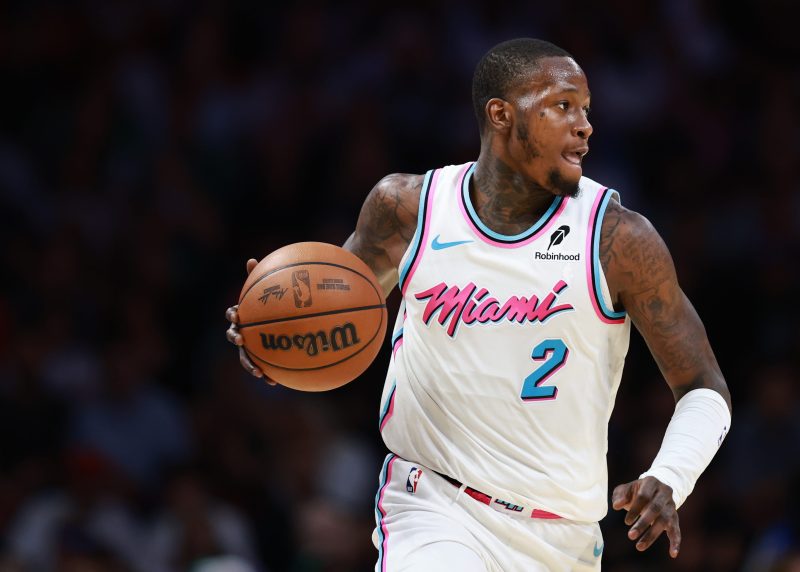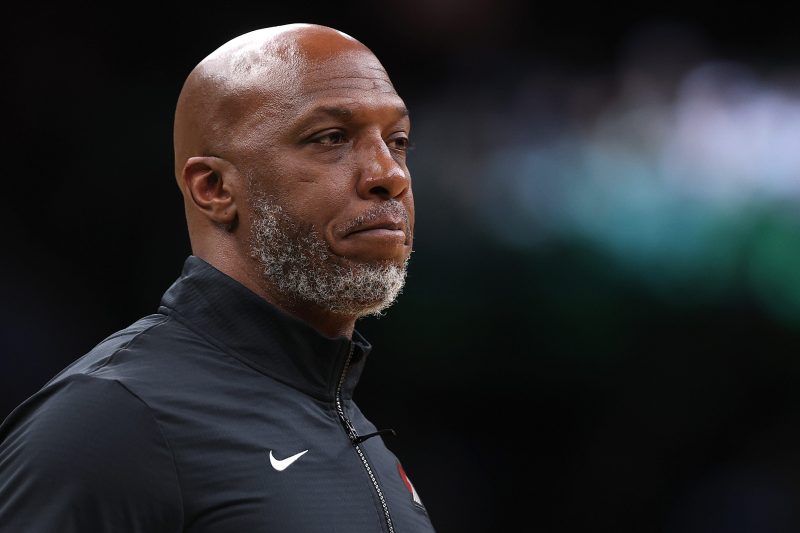Why World Series is personal for Canada in the age of Trump
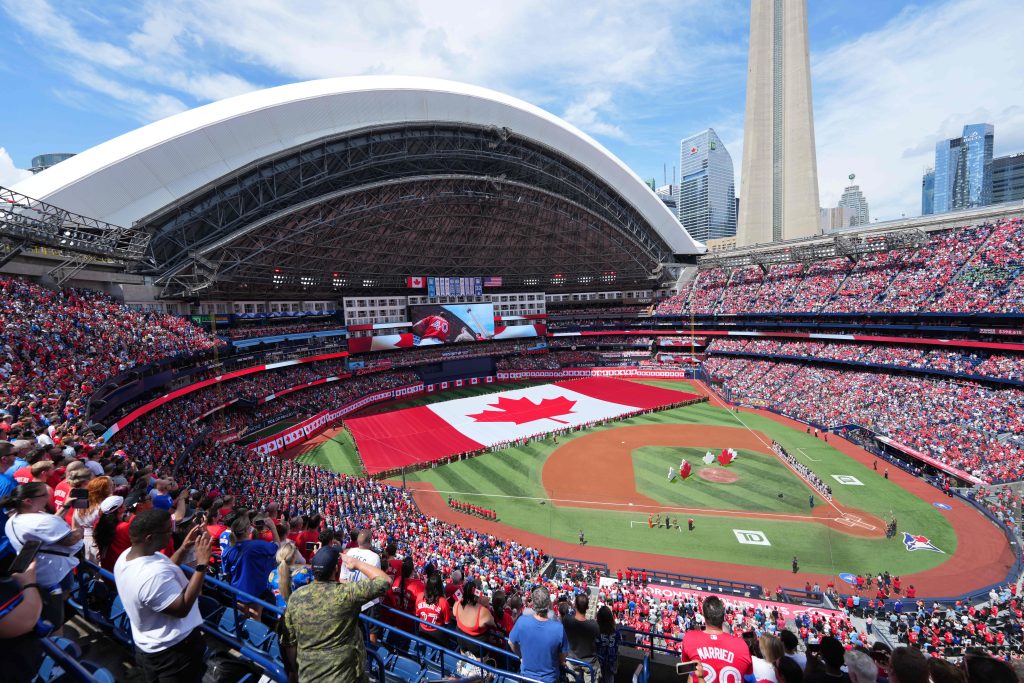
- Blue Jays are in World Series for first time since 1993 with the chance to deliver a title to Canada.
- Since President Trump’s new term began, he has floated the idea of making Canada the 51st state.
- For some Canadians, the 2025 World Series ‘means everything to this country.
TORONTO — After George Springer’s mighty swing delivered the first World Series to be contested on Canadian soil since 1993, this city’s emotions have run the typical gamut.
Booze-aided joy. Disbelief. Tears shed over a generational moment other loved ones are not around to experience.
Yet as the Toronto Blue Jays prepare to welcome the Los Angeles Dodgers to Game 1 of the World Series Oct. 24, the home team’s status as a truly national team in the USA’s national pastime will come to the surface.
And it’s perhaps the culmination of a shift in both identity and attitude for Canadians the past 10 months: Mixing the passive with the aggressive.
The stereotype of the genteel Canadian is one the locals generally embrace, as easily as they open doors and politely defer. But in the months since President Donald Trump has imposed tariffs on Canada, floated the notion of making the country the USA’s 51st state and overseen increasingly invasive searches at the Canadian border, a national shift in attitude has the natives suddenly a little more restless.
And suddenly, this World Series takes on a deeper significance beyond which team gets to four wins first.
“It means everything to this country. Especially with what’s going on with the United States. You know about it. They’ve been horrible,” says Michael Murray, 75, a former vice president of the Canadian Football League and Hockey Canada junior team official.
“Now, it’s water off our backs. We don’t care. If the news comes on, I hate to say this, but if they say Trump is going to be on next, I mute the TV.
“I’ve cleared my head of that space right now. And a lot of Canadians have. But we don’t care about that because we don’t want to mix politics with baseball.”
Murray’s attitude – a certain I-swear-we’re-not-mad-but-we-are mentality – captures the moment for certain Canadians: Rankled but proud. He spent $1,800 for a ticket to World Series Game 1, his wife urging him when he was hesitating. Murray was in attendance for Joe Carter’s Series-winning three-run home run in 1993, his age providing the perspective of how rare this moment is.
“At my age,” he says, “I won’t ever see it again.”
Nor will there likely ever be a USA-Canada engagement at such a moment in time. Any rivalry, such as it is, has mostly simmered on the ice, perhaps most notably in women’s hockey. Both countries are several notches above their international counterparts and an epic 2002 Olympic battle featured the lore of the U.S. women’s team allegedly stomping on the Canadian flag in their dressing room.
Now, this international World Series, in an increasingly isolationist era.
“I think Canadians will feel a greater fervor with the outcome. The saber rattling hasn’t stopped,” says Rick Halpern, a history professor and chair of American studies at the University of Toronto. “You’re going to see many, many, many people who are fair weather fans and many who are not baseball fans following this. Because it’s Canada vs. the U.S.
“There’s another discussion to be had about rivalry and the U.S. For a long time I thought, there’s no real Canadian identity, more defined by what it’s not: We don’t have guns. We’re not the U.S.
“It will be interesting to watch as this World Series plays out. What is Fox going to say about multicultural Toronto, where one of two Torontonians were born in another country?”
Elbows up, not for sale
“The more we choose to stand up as our most flag-flying, maple-leaf buying, local-adventuring selves, the more we are the True North, unbreakable, strong, and free.”
So says “Choose Canada,” a national campaign that has accelerated in the months since Trump’s inauguration was soon followed by words and actions.
It dovetails with the reemergence of an old phrase – “Elbows up” – coined by hockey legend Gordie Howe that became a popular hashtag this year. Originating from Howe’s habit of holding his elbows high in scrums for the puck in the corners of the rink, it captures Canadians’ willingness to abandon their default setting of non-aggression when events warrant.
That ethos crept into pop culture this year, what with comedian Mike Myers opening his coat to reveal a “Canada is Not For Sale” T-shirt in the outro of a Saturday Night Live episode in which he portrayed Elon Musk.
“Canadians act out of character at times. Going into the corners is one of them,” says Halpern of Elbows Up. “It quickly became a national catchphrase in terms of posturing back to the United States. There’s no way this is going to become a 51st state.
“And if they were ever to try anything, it’d be protracted guerrilla war.”
One stanza of the government ad touting all things Canada – “local-adventuring selves” – is particularly germane to the Blue Jays’ status as Canada’s team. Flocks of Jays fans cross the border into Detroit and Seattle for road games, and a fair amount could be heard at T-Mobile Park during Games 3-5 of the American League Championship Series.
Yet those influxes belie a broader reality: An estimated 4 million fewer Canadians will travel to the USA this year, resulting in an estimated $4.3 billion in lost tourism revenue as locals opt to sit here in their safe Canadian homes.
“You feel a little bit more hesitancy before you go over,” says Giancarlo Lima, 20, a Blue Jays fan who attended ALCS Game 7. “People are willing to be more conscious buying Canadian products. You see more people traveling within Canada, kind of diverted from running to the States if you want to see sports or something else.
“People have been finding other options in Canada, taking advantage of what they have here a little more because of that.”
The border concerns certainly stretch beyond snowbirds and day trippers worried about going back and forth. Halpern’s daughter got married in June in Massachusetts, though the guest list was lighter than projected.
“Almost all our Canadian friends passed,” says Halpern. “My wife and I’s friends from Venezuela and Mexico passed. Professors have passed on research trips. They are concerned about having laptop searched, phone and social media inspected.
“And also just a feeling this is not a right time. They will go somewhere else. Even crossing the border, we’ve had (U.S.) border officials apologize. Which is incredible.”
‘We’re all North America’
Certainly, there’s plenty of Canadians for whom sport isn’t necessarily a metaphor, and the USA not necessarily an at-least-temporary adversary. Many are simply quizzical about their southern neighbor’s rhetoric and regulations, while others are unbothered.
“I don’t care, man. I love America. They’re a good country, man,” says Joe, a 39-year-old lifelong Torontonian who did not divulge his last name. “We’re both different countries and each country has their pros and cons. I don’t look at political leaders versus life, right?
“America’s good. And Trump, whether you like him or hate him, he’s looking out for his people, whether you agree or disagree. I don’t feed into the narrative of, ‘Oh, Canada vs. the U.S.’ We’re all North America. We’re all one.”
It is just business, and Joe is a businessman, he says, and goes on to note he also has no problem with the Dodgers’ gargantuan payroll, that teams should pay players what they can afford.
Besides, the Blue Jays’ total payroll, including luxury tax, approaching $300 million isn’t exactly chump change. It helps when you have the whole country to yourself, both in territory and support.
In a sense, a Blue Jays championship in this moment in time would almost be a fusing of two significant moments of national pride in recent years: The Toronto Raptors’ 2019 NBA championship, and Canada’s victory in February’s 4 Nations Face-Off, when Connor McDavid beat the USA with an overtime goal in the final, weeks after Trump’s inauguration.
It would be raucous and wild in Toronto, where riot police were deployed ahead of ALCS Game 7 just in case. And will resonate coast to coast, a national team celebrated at a time of national tension.
“From east to west – from Vancouver all the way out east – this is our team,” says Josh Antonio, a 26-year-old fan who attended ALCS Game 7. “I think after all the country’s been through the past seven or eight years, I think it would liberate us. It would make the whole entire country come together, just like we came together for the Raptors.
“This is for all of us.”
